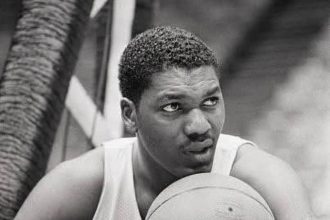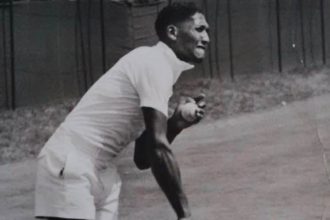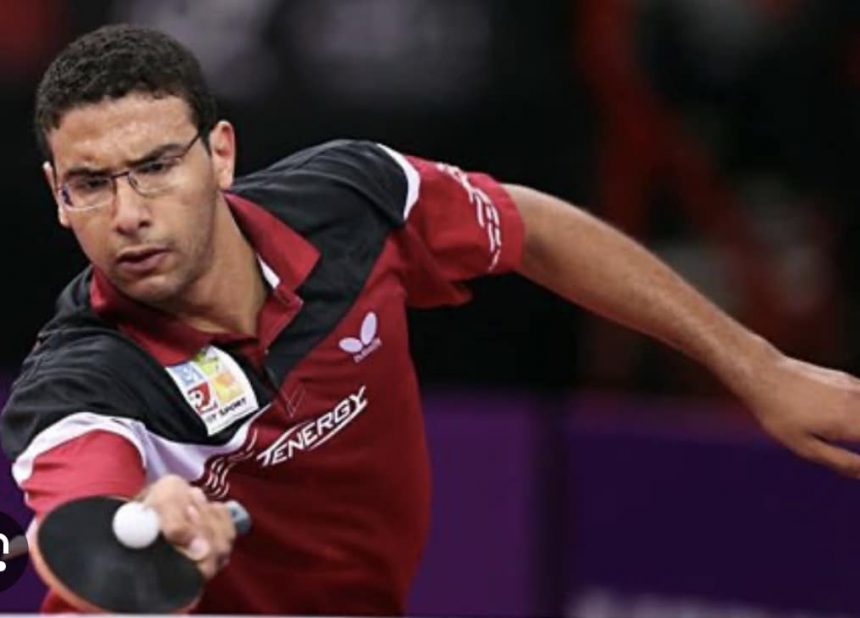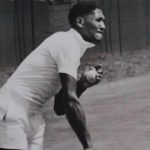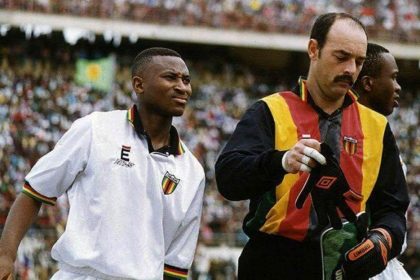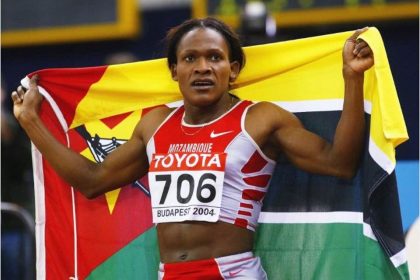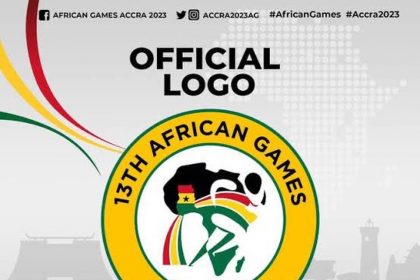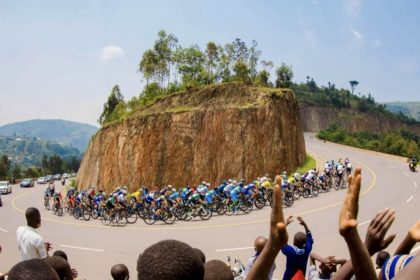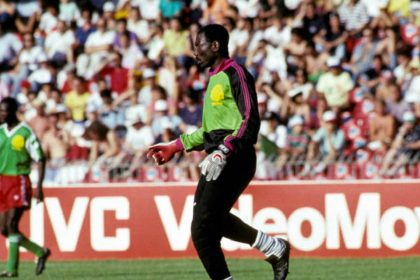The ITTF World Table Tennis Championships is the highest level championships for table tennis globally and the jewel of the ITTF competition calendar. Since its inception, the World Championships have been held since 1926, biennially since 1957. Five individual events, which include Men’s Singles, Women’s Singles, Men’s Doubles, Women’s Doubles and Mixed Doubles, are currently held in odd-numbered years. In its 2023 edition, the foremost table tennis competition marked a historic moment as it returned to Africa after 84 years from May 20 to 30 at the Durban International Convention Centre in South Africa. As usual, the People’s Republic of China continued its dominance of the tournament by making a clean sweep of the titles in the rainbow nation.
In the Men’s Singles final, world No. 1, China’s Fan Zhendong, successfully defended his title after triumphing over his compatriot world No. 2 Wang Chuqin. Fan, who currently holds the top spot in the world ranking, displayed astonishing bravery after Wang saved six match points, and eventually won the game 8-11, 11-9, 11-7, 12-10, 11-13, 11-3 to maintain his status as the reigning world No. 1. It was a similar story in the Women’s Singles final as world No. 1, China’s Sun Yingsha, took on world No. 4 Chen Meng, her fellow countrywoman. After a hotly-contested battle, the 22-year old Sun overcame Chen (5-11, 11-8, 11-7, 11-7, 7-11, 11-6) to win her maiden World Championships title after falling short at the 2021 installment in Houston, USA.
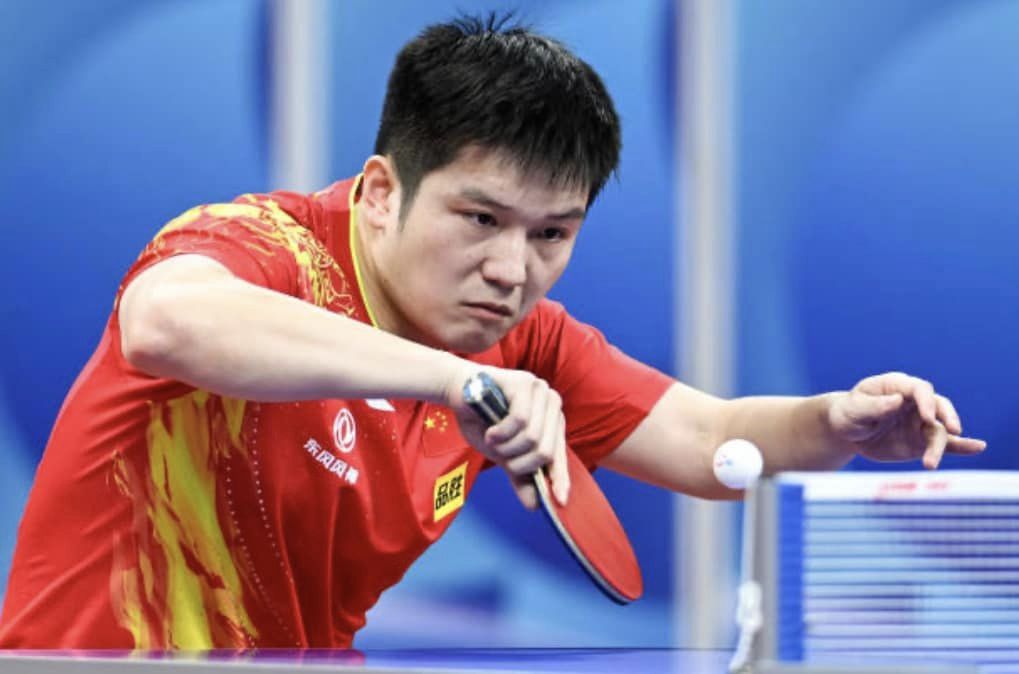
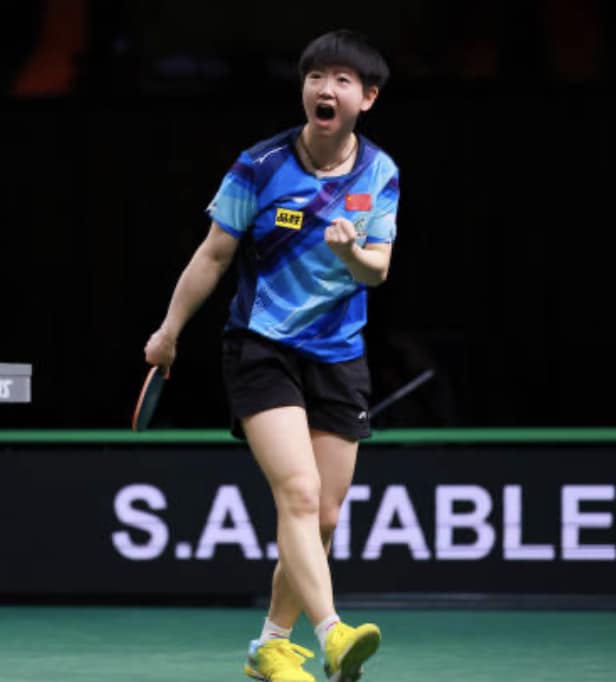
Women’s Singles finalist, Chen Meng and Wang Yidi won the W.J. Pope Trophy for Women’s Doubles as the duo triumphed in three straight sets (11-8, 11-7, 12-10) over Republic of Korea’s Shin Yubin and Jeon Jihee in a thrilling final, securing yet another title for their country. Top seeds Fan Zhendong and Wang Chuqin lifted the Iran’s Cup for Men’s Doubles Trophy after the Chinese pair successfully overcame a slow start to chalk up three games without response against Republic of Korea’s Jang Woojin and Lim Jonghoon (13-11, 11-6, 11-5). In the Mixed Doubles, Chuqin and Yingha successfully defended their title from the 2021 edition in Houston by emerging victorious with (11-6, 11-2, 11-7) against Japan’s Tomokazu Harimoto and Hina Hayata.
Once again, Africa has botched up in its quest to progress beyond the quarter-finals at the World Championships. The only eye-catching moment for the continent in South Africa was Egypt’s Omar Assar beating world No. 10, Truis Möregårdh and went on to qualify for the quarter-finals by beating Tomislav Pucar of Croatia in the Round of 16. As a result, Assar has become only the second African player to make it to the quarter-finals in the tournament after Nigeria’s Quadri Aruna, who reached the quarter-finals in the 2021 edition in Houston.
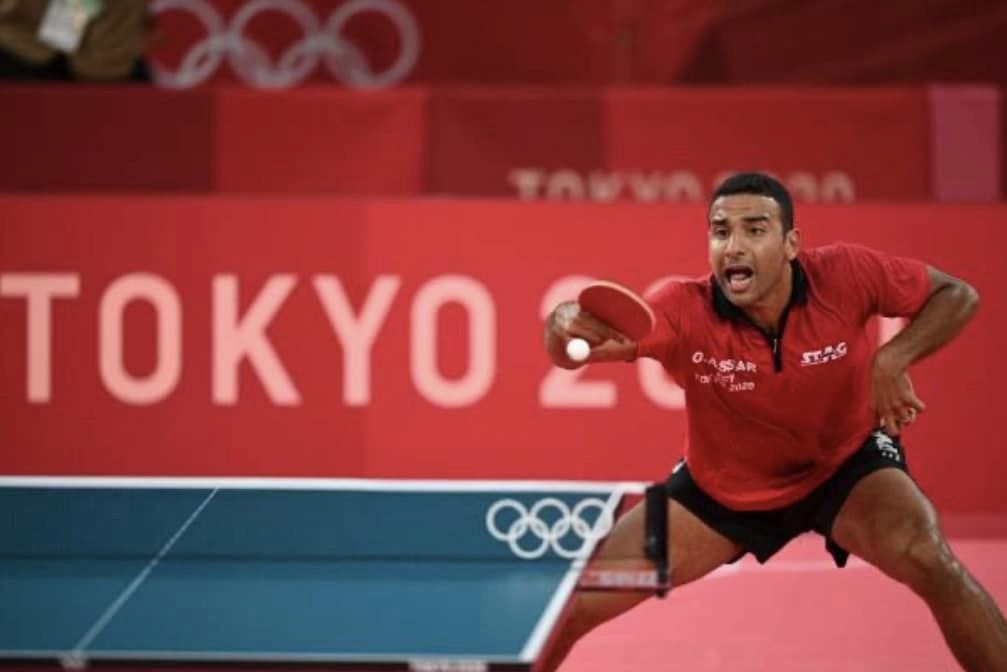
Coincidentally, Egypt and Nigeria have been the two dominant countries in the continental games for the past four decades.
It is a well-known fact that table tennis is widespread in Africa and has continued to enjoy a popular appeal on the continent. But in spite of its growing popularity on the continent, African players have fallen short so consistently at the highest level. Evidence illustrates that the overall performance of African players in South Africa was incommensurate with high expectations of fans at the recently-held event. Prior to commencement of the tournament, fans of table tennis across the continent had expected African players to give a good account of themselves and used the event to cement their names on history books. To some however, this is just wishful thinking, considering the fact that table tennis is a national sport of China, and the sport enjoying more popularity in South Korea, Hungary, and Japan than in any African country. But it should be noted that even China, whose players had won all but two of the World Championships since 1971, had to work hard to reach the top of the ladder in the sport.
In the earlier days of the tournament, Hungary’s men’s team was a dominant force, winning the championships 12 times. This was followed by a short period of dominance by Japan in the 1950s. From 1960s onwards, China emerged as the new dominant power in this tournament and, with the exception of 1989-2000, when Sweden won four times, China continues to dominate the sport. China’s men’s team holds a record 22 world championship titles. In the 1950s, Japan’s women’s team was a force to be reckoned with winning a total of eight titles. The Chinese women started their strong grip on the world team championships from 1970s onwards and have only lost twice since 1975. In fact, China holds 22 women’s team titles.
Considering the above, it is safe to say that it took China three decades to take dominance of the World Championships. Therefore, if China could replace Hungary and Japan on the top rung of the ladder, and as well successfully fended off Sweden’s threat to its continued dominance of the sport, what stops any African country from also shinning on the big stage?
In times past, many African players had ignited the African Table Tennis Championships but failed to shine at the World Championships. Among them were Galal Ezz (Egypt), Kasali Lasisi (Nigeria), Sunday Eboh (Nigeria), Atanda Musa (Nigeria), and Adel Massaad (Egypt), in men’s category and Ethel Jacks (Ghana), Olawunmi Majekodumi (Nigeria), Esther Lampey (Ghana), and Bose Kaffo (Nigeria), in the women’s category. Apart from the retired stars, there are other table tennis players from Africa who are currently plying their trade across the world. Some of the players are Quadri Aruna (Nigeria), Omar Assar (Egypt), Mehdi Bouloussa (Algeria), Taiwo Mati (Nigeria) and Ahmed Saleh (Egypt) in the men’s category and Dina Meshref (Egypt), Hana Goda (Egypt), Yousra Helmy (Egypt), Fatimo Bello (Nigeria) and Mariam Alhodaby (Egypt) in the women’s category.
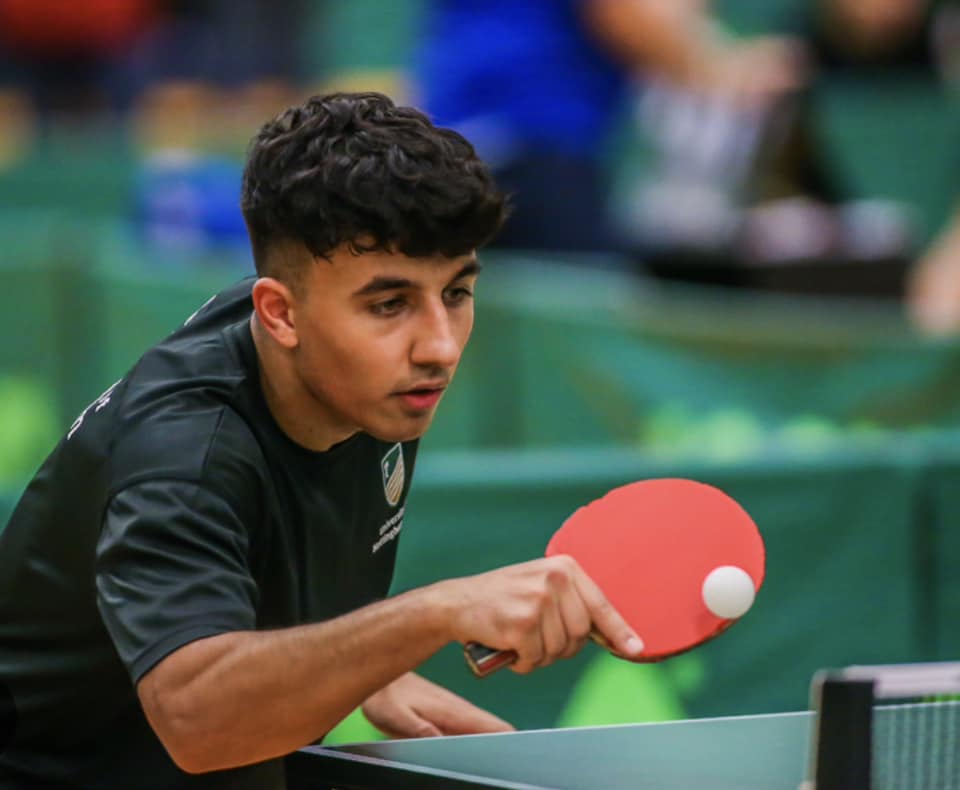

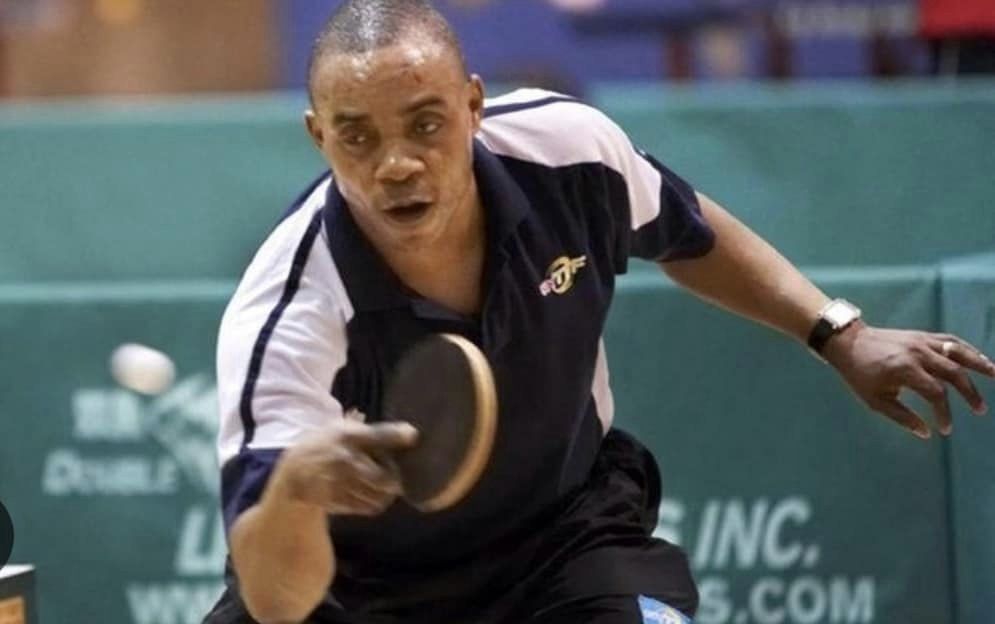
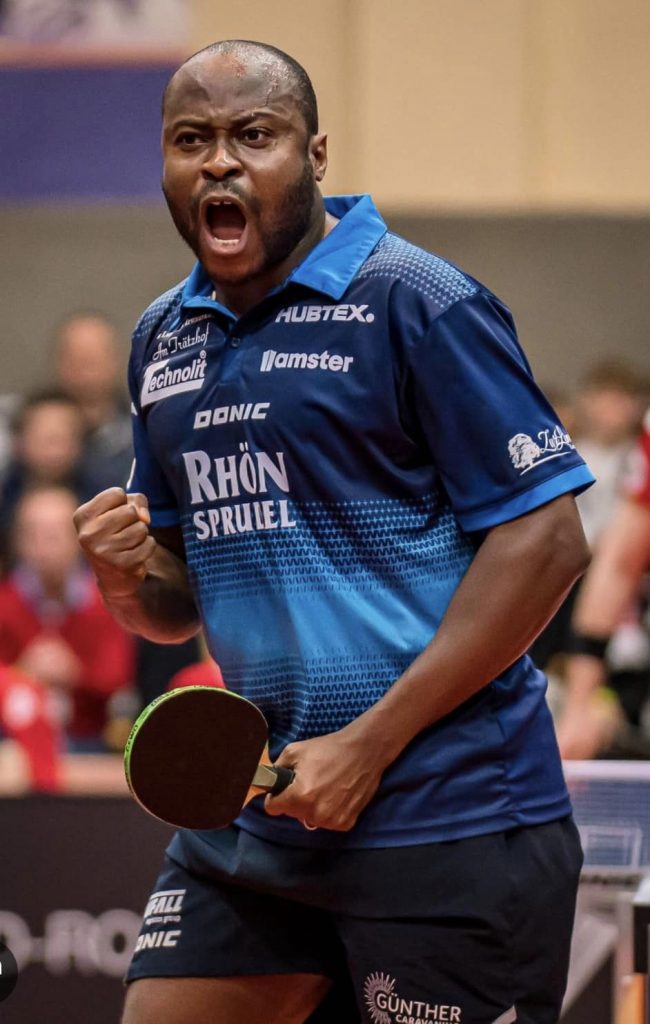
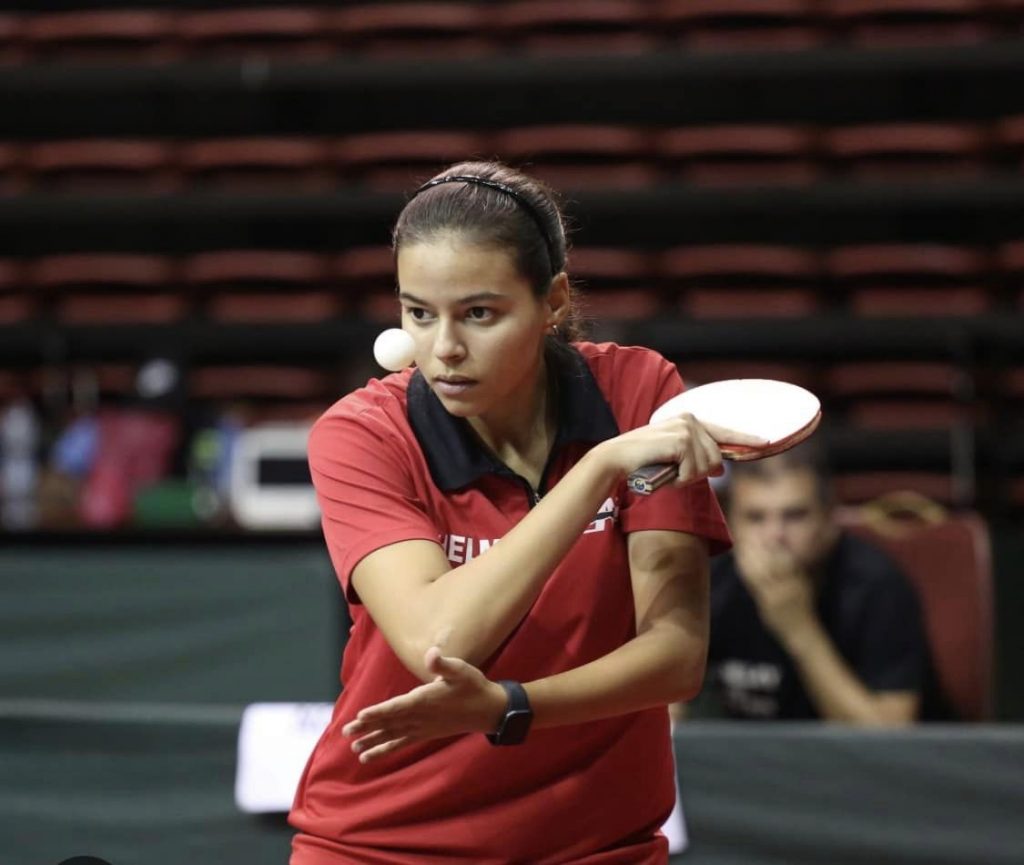
As a matter of fact, Aruna’s story is worth mentioning. Aruna competed for Nigeria at the 2012, 2016 and 2020 Summer Olympics, reaching the quarter-finals in 2016. The 34-year-old is the first African to be ranked top 10 in the world. At the World Cup 2014, he reached the quarter-finals in the Men’s Singles competition. In the 2017 ITTF World Challenge Bulgaria Open, Aruna advanced to the semi-finals, where he was defeated in a tight match by the eventual winner Dimitrij Ovtcharov. Aruna is known for his forehand-oriented playing style, which gets him many wins. Aruna reached the quarter-finals of the World Championships in Houston but lost 2-4 to Sweden’s Truis Möregårdh.
Another African player who has continued to stand out is world No. 28 and African No. 1 Dina Meshref. Meshref represented Egypt at the 2012, 2016 and 2020 Summer Olympics. She comes from a family of table tennis players and her parents were national champions. Meshref won her first African title in 2011 before claiming seven consecutive titles between 2014 and 2020. She won her latest African title in September 2022, climbing 21 spots in the table tennis world ranking to reach the rank of 29. Meshref was a gold medalist in Women’s Singles at the 2018 Mediterranean Games and a gold medalist in women’s teams at the 2022 edition of the games. On 10 August 2022, Meshref signed for the Greek club Panathinaikos, competing in the European Champions League.
Considering a dazzling array of talent on the continent, it is time for African Table Tennis Federation (ATTF) and the affiliated table tennis associations in Africa to put all hands to the pump and step up efforts to make African table tennis players a force to be reckoned with on the big stage. To start with, there must be provision and upgrading of facilities across the continent. Sports facilities do not only need to be safe, but also to inspire the player to perform better. Organization of table tennis competitions across the continent should be high on the list of priorities of ATTF and the affiliated bodies. One major thing that mitigates sports development in Africa is dearth of tournaments for athletes to hone their skills.
Provision of table tennis education and training programmes can help to develop the sport in Africa. The partnership of ATTF and local coaches will help to identify and develop talents across the continent. In addition, efforts should be intensified to create sponsorship and endorsement opportunities for table tennis players. This will provide financial support to aspiring players. Finally, ATTF and its affiliated organizations should study how China, South Korea, Japan, Sweden and other leading table tennis-playing nations managed to get to the top rung of the ladder.
Reference:
Press Releases, “Clean Sweep for China at ITTF World Championships Finals Durban 2023” Official ITTF Website, 1 June 2023.
(Edited by Kehinde Fagbuaro).


